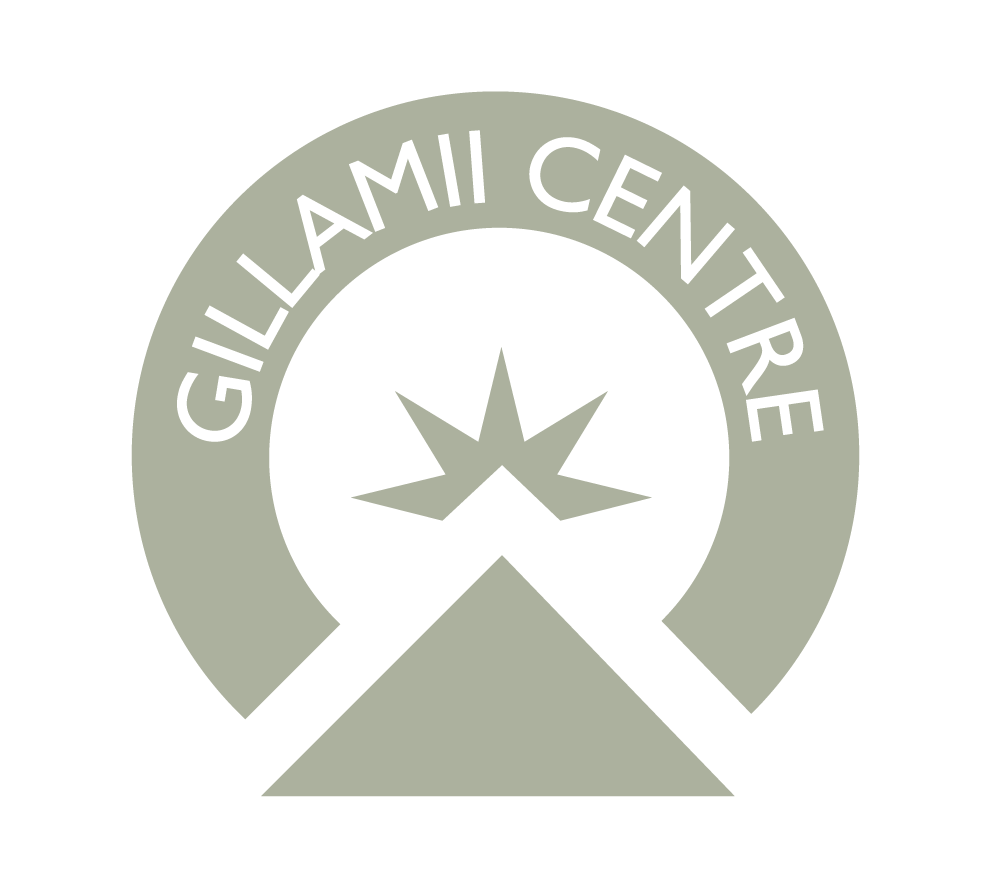Bieber Trial
Period: 2018-2021
Funding Body: Gillamii Centre
Funds: $10,000 plus in-kind contribution from collaborations including Daryl Abbott (Farmer), Curtin University, DPIRD, SWCC and Haslen Technology
Project Officers: Wendy Bradshaw (Consultant), Freya Spencer and Ashley Marjoram
Summary
The goal of the Bieber trial is to compare soil health and yield data in a conventional cropping system with a more regenerative cropping system at paddock scale. The regenerative cropping system involves disc-seeding and stripper front harvesting with/without cover cropping. The conventional system involves knife point seeding and open front harvesting with/without summer weed control. Where stubble under the knife point system is considered too thick to effectively seed with knife points, the straw is baled and removed from the conventional plots rather than being burnt.
Outcome
Results from the first year of the trial indicate Knife point/ open front treatments had the highest yield
Earlier Lupin Germination (7-10 days)
Increased soil organic carbon in 9/10 sampling sites for disc and stripper sites compared to a decrease in soil organic carbon in 9/10 knifepoint/open front sites.
Other factors at play including yield maps interacting with soil type, with the farmer backing previous knowledge of the land contributing to knowledge, as well as conditions during seeding.
Report
Gillamii Regenerative cropping trial: preliminary report for the 2019 season
Reporting: Stan Sochacki, Fiona Evans, Simon Cook
Download report: Year One Trial Report – Wendy Bradshaw


